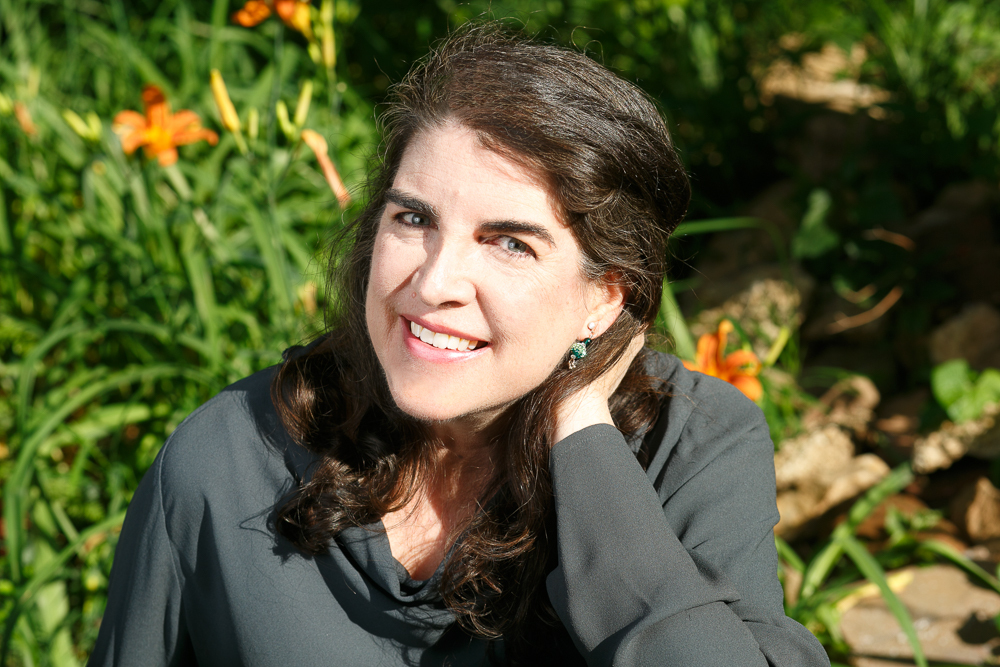No Mow May Is the Lawn Trend That'll Save You Money and Help the Environment
This pause allows wildflowers time to bloom, serving up a nectar-rich buffet for bees, butterflies and other pollinators.


Profit and prosper with the best of Kiplinger's advice on investing, taxes, retirement, personal finance and much more. Delivered daily. Enter your email in the box and click Sign Me Up.
You are now subscribed
Your newsletter sign-up was successful
Want to add more newsletters?

Delivered daily
Kiplinger Today
Profit and prosper with the best of Kiplinger's advice on investing, taxes, retirement, personal finance and much more delivered daily. Smart money moves start here.

Sent five days a week
Kiplinger A Step Ahead
Get practical help to make better financial decisions in your everyday life, from spending to savings on top deals.

Delivered daily
Kiplinger Closing Bell
Get today's biggest financial and investing headlines delivered to your inbox every day the U.S. stock market is open.

Sent twice a week
Kiplinger Adviser Intel
Financial pros across the country share best practices and fresh tactics to preserve and grow your wealth.

Delivered weekly
Kiplinger Tax Tips
Trim your federal and state tax bills with practical tax-planning and tax-cutting strategies.

Sent twice a week
Kiplinger Retirement Tips
Your twice-a-week guide to planning and enjoying a financially secure and richly rewarding retirement

Sent bimonthly.
Kiplinger Adviser Angle
Insights for advisers, wealth managers and other financial professionals.

Sent twice a week
Kiplinger Investing Weekly
Your twice-a-week roundup of promising stocks, funds, companies and industries you should consider, ones you should avoid, and why.

Sent weekly for six weeks
Kiplinger Invest for Retirement
Your step-by-step six-part series on how to invest for retirement, from devising a successful strategy to exactly which investments to choose.
No Mow May is an easy life hack that can save you money and deliver a host of side benefits. It’s as simple as mowing your lawn less frequently or not all during the month of May. This pause allows wildflowers time to bloom, serving up a nectar-rich buffet for bees, butterflies and other pollinators. Without this help, many such insects will emerge in the spring with little food to sustain them.
In turn, you can save money and time by reducing your mower’s gas or electricity use, or by skipping the mowing service. Depending on where you live, you may also save on fertilizer, water and other lawn treatments.
How No Mow May can help you save money
You can participate in three ways: stop mowing just a section of your lawn, mow less frequently, or stop mowing your entire lawn altogether. All three will help pollinators and use less of your time and resources.
From just $107.88 $24.99 for Kiplinger Personal Finance
Become a smarter, better informed investor. Subscribe from just $107.88 $24.99, plus get up to 4 Special Issues

Sign up for Kiplinger’s Free Newsletters
Profit and prosper with the best of expert advice on investing, taxes, retirement, personal finance and more - straight to your e-mail.
Profit and prosper with the best of expert advice - straight to your e-mail.
According to Home Advisor, the average cost of basic lawn mowing service is between $30 and $80 per visit. So, if you pay for lawn maintenance once a week in the spring, you may save between $120 and $320 by participating in No Mow May.
White clover is one of the most common wildflowers that will likely benefit from a mowing respite. Rather than fighting it with pesticides and other measures, pause your mowing so that it flowers and spreads throughout your lawn. As a member of the legume family, white clover improves soil health by fixing nitrogen in the soil, making nearby grass healthier and greener. Let the clover have its way and you can often ditch expensive and polluting lawn pesticides and fertilizers.
How No Mow May can benefit people
If you are of a certain age, you may remember riding in the car on summer nights, bugs splattered against the windshield. Those days are gone. Now, habitat loss and other stressors are driving a profound deterioration of insect and pollinator health; a 2019 study estimated that as many as one in three insect species is in danger of extinction.
That spells trouble for humans, as we rely on insects for pollination of many varieties fruits and vegetables. In the garden, fewer insects mean less food for birds and other predators.
Healthy ecosystems, even in our yards, make for better human health. One study found that a greater diversity of bird species in urban and suburban yards protected nearby people from West Nile Virus. And having a rich array of bird and plant species is good for our mental health.
Talk to your neighbors
Before you store your mower for the month, consider your neighbors. If your property is under strict Homeowners Association rules, review guidance on lawn and yard maintenance. If any of your immediate neighbors has a bee allergy, you may need to keep up with mowing for their safety.
Bee City USA, the organization that launched No Mow May, has toolkits and other resources to get you on your way.
Profit and prosper with the best of Kiplinger's advice on investing, taxes, retirement, personal finance and much more. Delivered daily. Enter your email in the box and click Sign Me Up.

Ellen writes and edits retirement stories. She joined Kiplinger in 2021 as an investment and personal finance writer, focusing on retirement, credit cards and related topics. She worked in the mutual fund industry for 15 years as a manager and sustainability analyst at Calvert Investments. She earned a master’s from U.C. Berkeley in international relations and Latin America and a B.A. from Haverford College.
-
 5 Vince Lombardi Quotes Retirees Should Live By
5 Vince Lombardi Quotes Retirees Should Live ByThe iconic football coach's philosophy can help retirees win at the game of life.
-
 The $200,000 Olympic 'Pension' is a Retirement Game-Changer for Team USA
The $200,000 Olympic 'Pension' is a Retirement Game-Changer for Team USAThe donation by financier Ross Stevens is meant to be a "retirement program" for Team USA Olympic and Paralympic athletes.
-
 10 Cheapest Places to Live in Colorado
10 Cheapest Places to Live in ColoradoProperty Tax Looking for a cozy cabin near the slopes? These Colorado counties combine reasonable house prices with the state's lowest property tax bills.